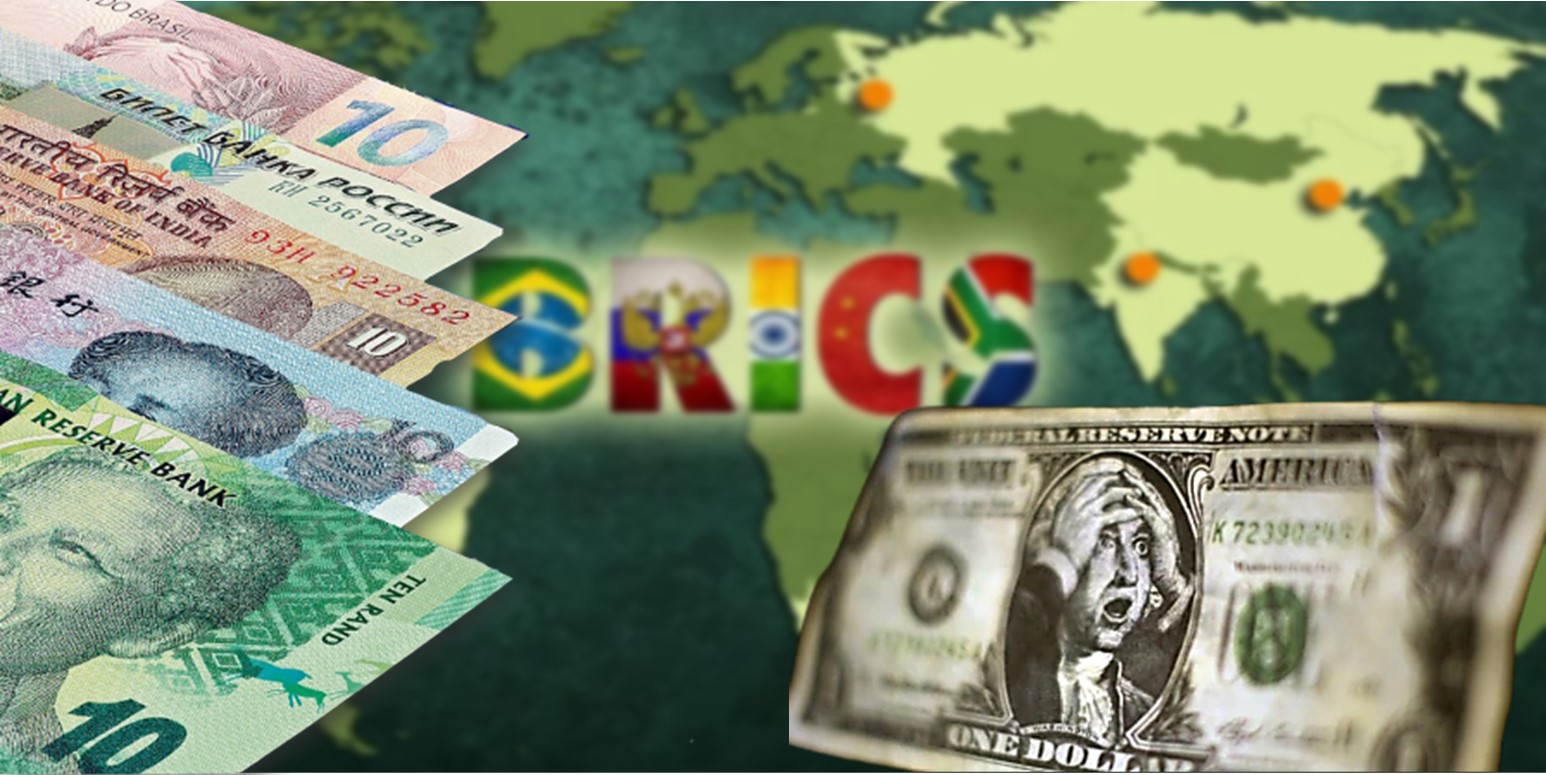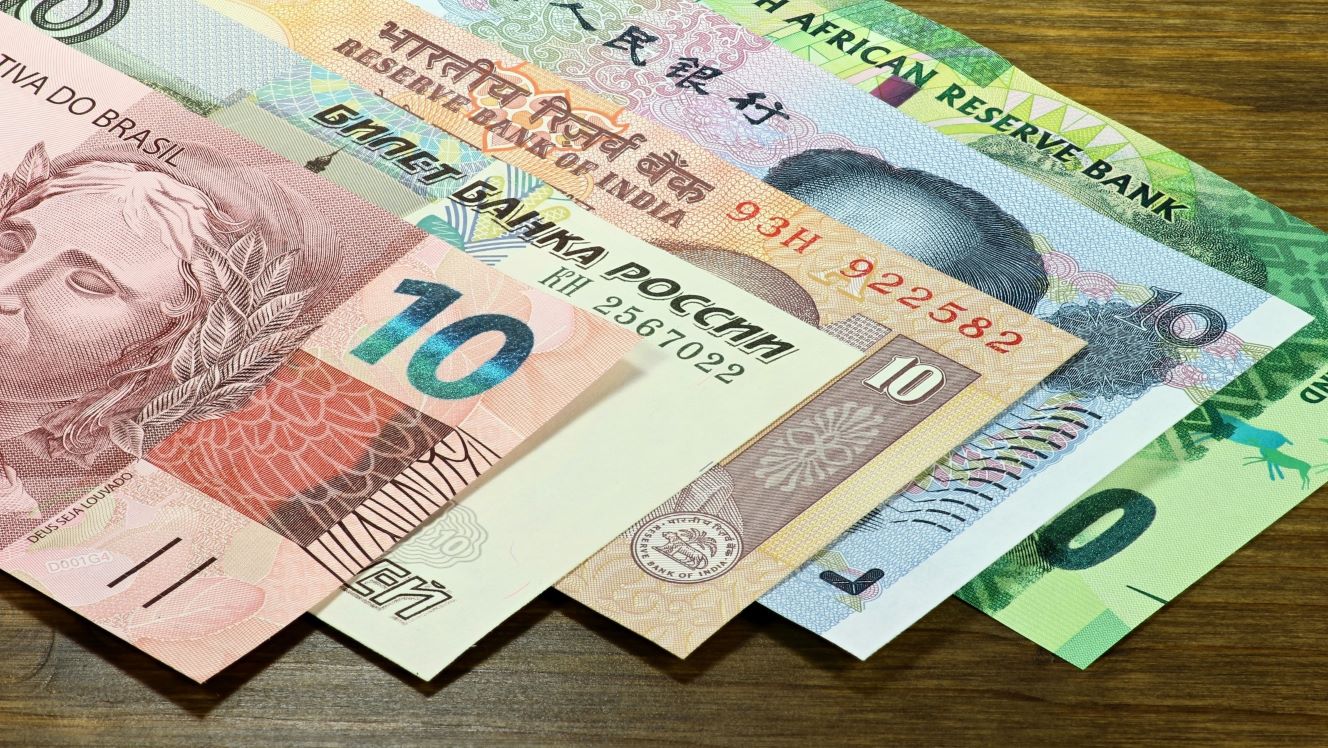BRICS (Brazil, Russia, India, China, and South Africa) have been making efforts to reduce their dependence on the US dollar and promote the use of alternative currencies. However, it is unlikely that BRICS will replace the US dollar as the world’s dominant reserve currency in the near future. This is due to several factors such as the stability of the US dollar, the size of the US economy, and the influence the US has over global financial institutions such as the International Monetary Fund (IMF).
While BRICS countries have made efforts to increase their economic power and reduce their dependence on the US dollar, they face significant challenges in doing so. Brazil and South Africa have struggled with political instability and economic inequality, while China faces slowing economic growth and a trade war with the US. These challenges may limit their ability to challenge the US dollar’s position in global trade and finance.
One of the BRICS countries, China, has been promoting the use of the renminbi (RMB) as an alternative to the US dollar in international trade. The country has signed currency swap agreements with several countries, including Russia and Brazil, and has established RMB clearing banks in several major cities around the world. These efforts have increased the use of the RMB in global transactions.
However, despite these efforts, the US dollar remains the dominant reserve currency, and there are several reasons why it may be difficult for other currencies to replace it. The US economy is still the largest in the world, and the US has significant influence over global financial institutions such as the IMF. In addition, the US dollar is widely accepted in international trade and finance, which gives it a central role in the global economy.
While the use of alternative currencies such as the RMB may continue to grow, it is unlikely that any other currency will replace the US dollar as the world’s dominant reserve currency in the near future. The US dollar’s stability and the size of the US economy give it a central role in global trade and finance, and BRICS countries face significant challenges in reducing their dependence on the US dollar.




